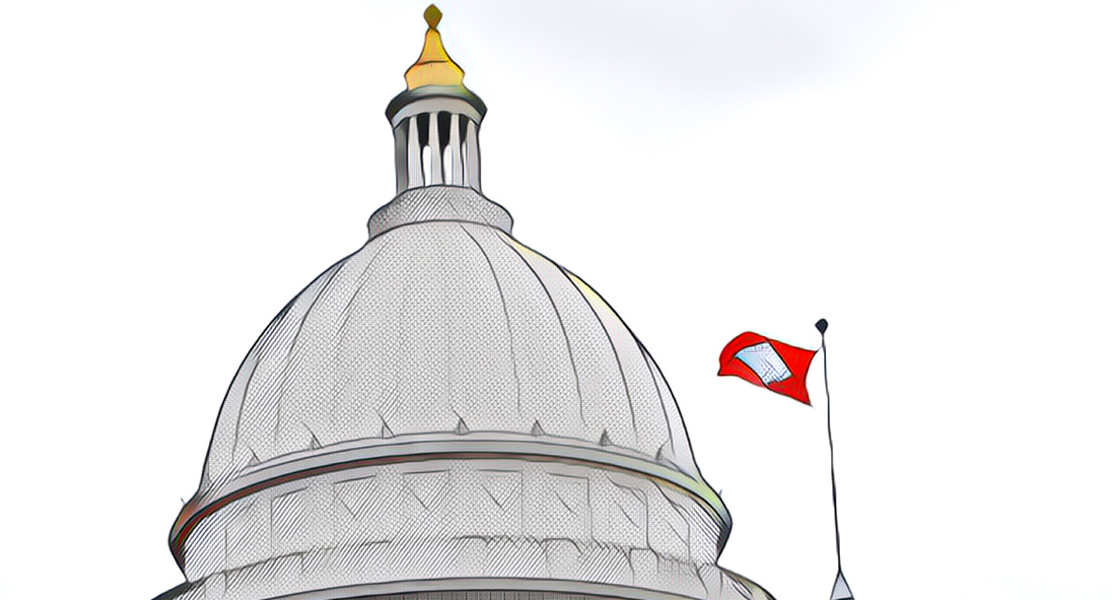Arkansas legislature refers troubling version of RFRA for public referendum in 2022 as amendment to state constitution

In 2022, Arkansans are poised to vote on a troubling referendum related to religious liberty. SJR 14 would, if adopted, amend the state constitution to add a version of the Religious Freedom Restoration Act (RFRA). The measure passed overwhelmingly in both houses and does not require action by the governor to proceed to public referendum, according to reporting from the Northwest Arkansas Democrat Gazette.
Why do I say troubling? Generally speaking, RFRA bars the government from taking action that has the effect of placing a “substantial burden” on a person’s free exercise of religion, unless it is necessary to further a compelling state interest. Both the federal government and numerous state governments – including Arkansas – have enacted versions of RFRA to provide a legal framework for adjudicating disputes when a law or government action that is neutral toward religion incidentally hinders a person’s religion.
As discussed here many times, however, the details of RFRA legislation can be very important. The proposed amendment that advanced in Arkansas strays from the federal version of RFRA in a potentially significant way: by leaving out the word “substantial.” Instead, the law is triggered by *any* burden on religious exercise. Advocates in Arkansas argue that omitting “substantial” strengthens the protection of religious freedom, but, as BJC has consistently warned, tinkering with the language in the federal version of RFRA can tilt the careful balance it provides, undermining its effectiveness.
In 2014, for example, BJC urged Georgia lawmakers to reject RFRA legislation that would have similarly excluded the “substantial” requirement. In the letter, BJC said that “nearly any state law or regulation could be subject to exemption challenges. While religious liberty is one of our most precious rights, it is not an automatic trump card.” The federal RFRA was originally adopted with broad support across political lines because it shored up protections for a person’s religious exercise while maintaining key language to safeguard against allowing religion to be a trump card against federal laws and regulations.
The precise meaning and legal significance of the “substantial” requirement is still somewhat unsettled. But, it does ensure that not every incidental impact on a person’s religion requires the state to meet the high compelling interest test. Currently, the Arkansas state RFRA provides robust protection for religious freedom while also being mindful of other important state interests, which makes this amendment unnecessary.




